Retinol Creams: Skin Tone Evening
Introduction to Retinol Creams
Retinol, a derivative of Vitamin A, has long been heralded as a miracle ingredient in the world of skincare. Known for its powerful anti-aging and skin tone evening properties, retinol creams are a must-have in any skincare routine. This comprehensive guide delves into the world of retinol creams, unraveling their benefits, how they work, and how to integrate them effectively into your skincare regimen.
Understanding Retinol and Its Benefits

Retinol is a type of retinoid, which is made from Vitamin A. It is less potent than prescription retinoids, making it an excellent choice for over-the-counter (OTC) products. Retinol works by accelerating skin cell turnover, shedding old cells, and promoting new ones. This process aids in diminishing the appearance of fine lines, wrinkles, and uneven skin tone. Moreover, retinol can help unclog pores, making it beneficial for acne-prone skin.
The Science Behind Retinol and Skin Tone Evening
Retinol's ability to promote cell turnover is key to its effectiveness in evening out skin tone. By removing dead skin cells and stimulating the production of new cells, it helps in fading dark spots and hyperpigmentation. This process leads to a more uniform skin tone and a brighter complexion. Additionally, retinol boosts collagen production, which can improve skin texture and elasticity.
Choosing the Right Retinol Cream
When selecting a retinol cream, it's essential to consider the concentration of retinol. For beginners, a lower concentration (0.25% to 0.5%) is advisable to allow the skin to adjust. Those with more experience or severe skin issues might opt for higher concentrations. It's also important to look for products with stabilizing ingredients like ceramides and antioxidants to enhance the efficacy and reduce potential irritation.
How to Use Retinol Creams for Maximum Benefit
To reap the maximum benefits of retinol creams, incorporate them gradually into your skincare routine. Start by applying a pea-sized amount every other night, gradually increasing to nightly use as your skin tolerates it. Always apply retinol creams on clean, dry skin. It's crucial to use sunscreen during the day, as retinol can increase skin sensitivity to the sun.
Common Side Effects and How to Manage Them
While retinol is generally safe, it can cause side effects like dryness, redness, and peeling, especially during the initial stages of use. To manage these effects, pair retinol with a good moisturizer and hydrating serum. If irritation persists, reduce the frequency of retinol application or switch to a lower concentration.
Integrating Retinol Creams with Other Skincare Products

When using retinol creams, it's important to balance your skincare routine. Avoid combining retinol with other potentially irritating ingredients like benzoyl peroxide, salicylic acid, or vitamin C. Instead, focus on gentle, hydrating products to support the skin's barrier function.
The Role of Retinol in Long-Term Skincare
Incorporating retinol into your long-term skincare routine can lead to significant improvements in skin texture and tone. Consistent use over time is key to achieving and maintaining these results. It's not just a quick fix but a long-term commitment to healthier, more radiant skin.
Conclusion
Retinol creams are a powerhouse in skincare, particularly in evening out skin tone and improving overall skin health. By understanding how to choose and use these creams correctly, you can harness the full potential of retinol. Remember, patience and consistency are vital, as the benefits of retinol unfold over time. With the right approach, retinol can be a transformative addition to your skincare routine.


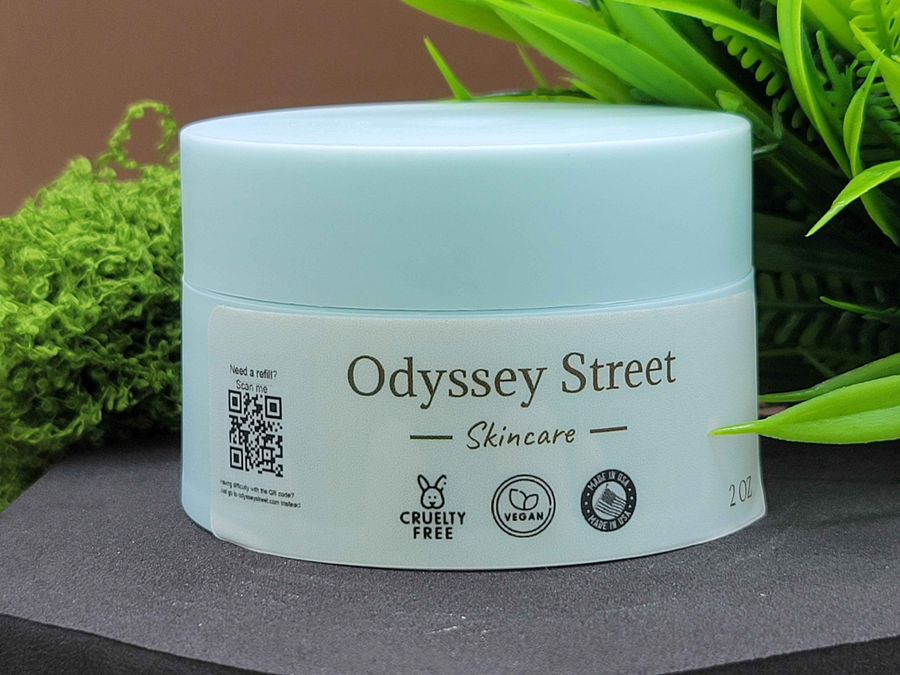
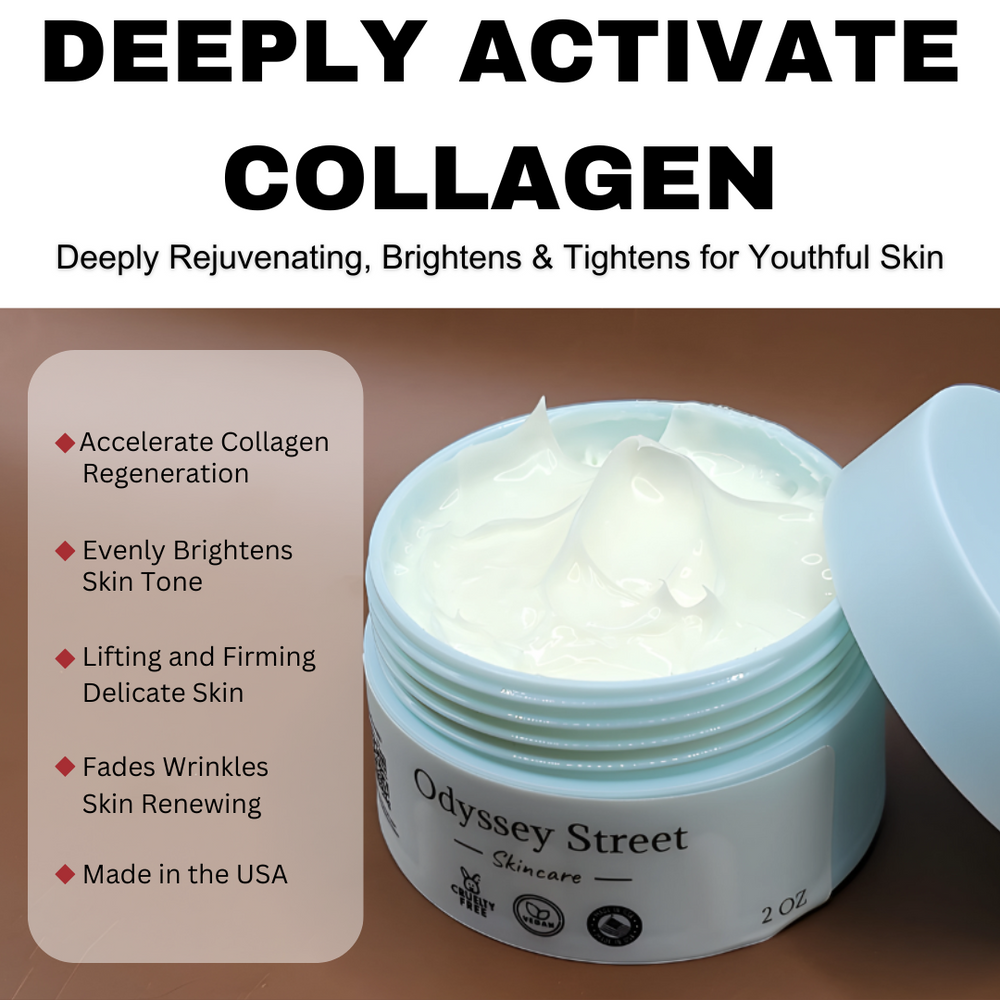




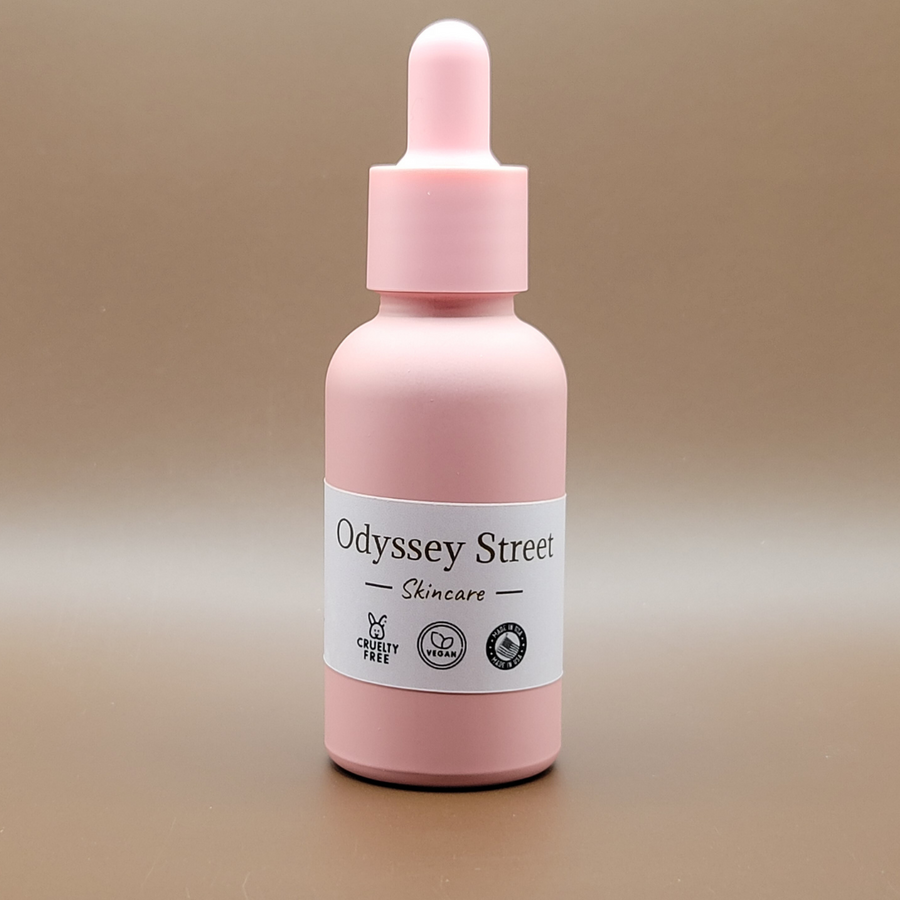
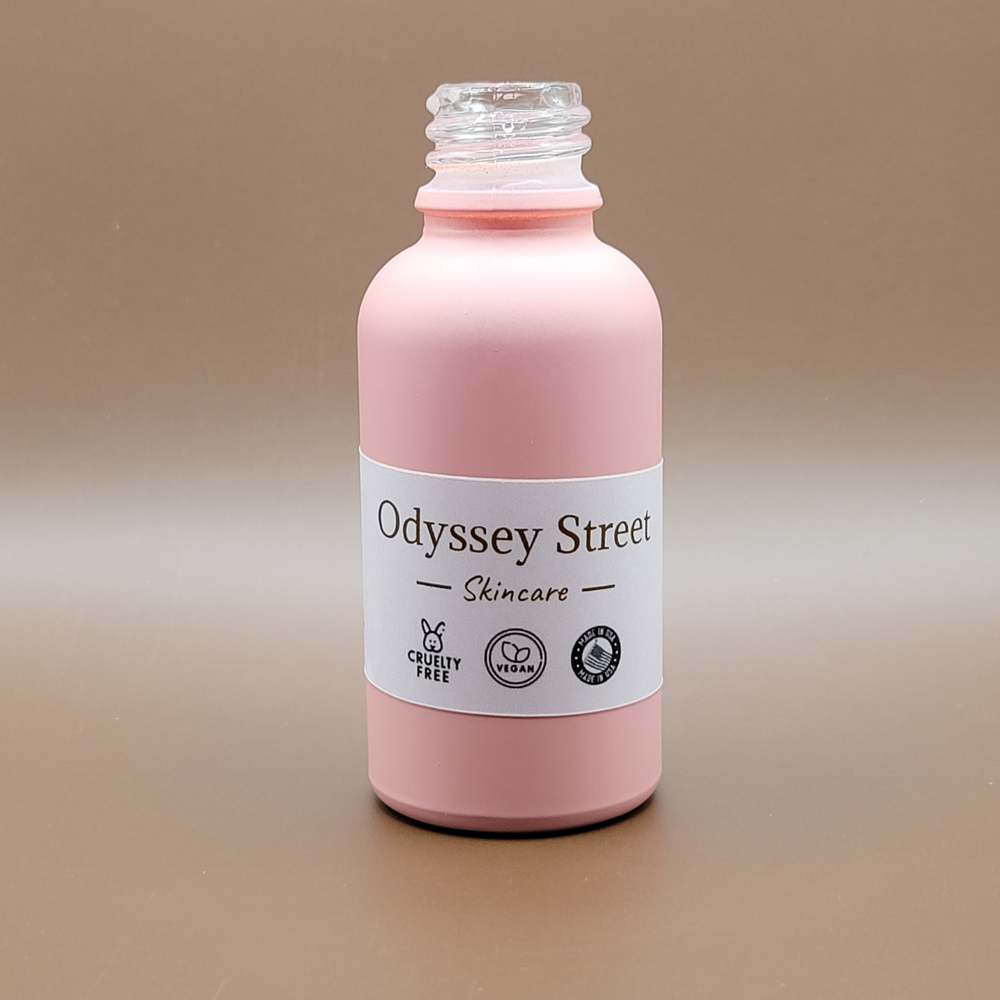
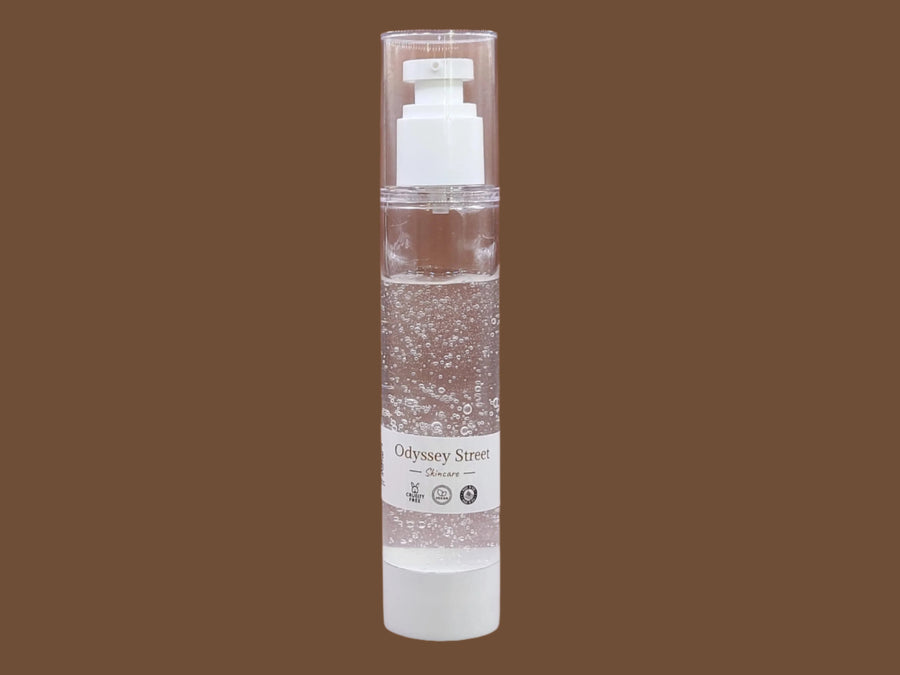
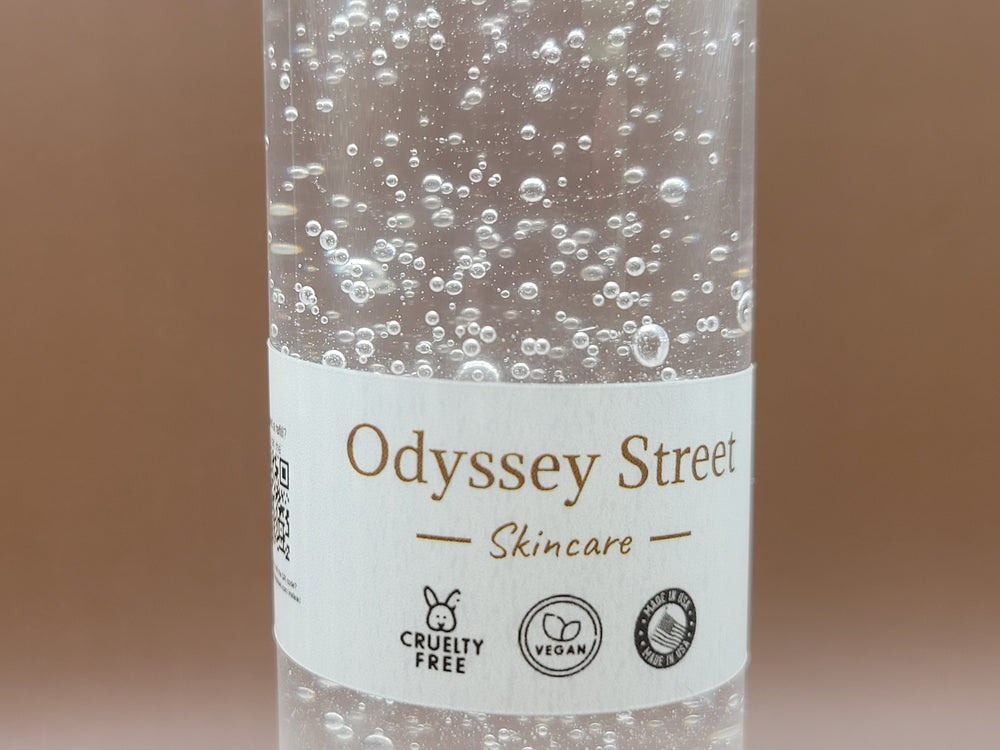
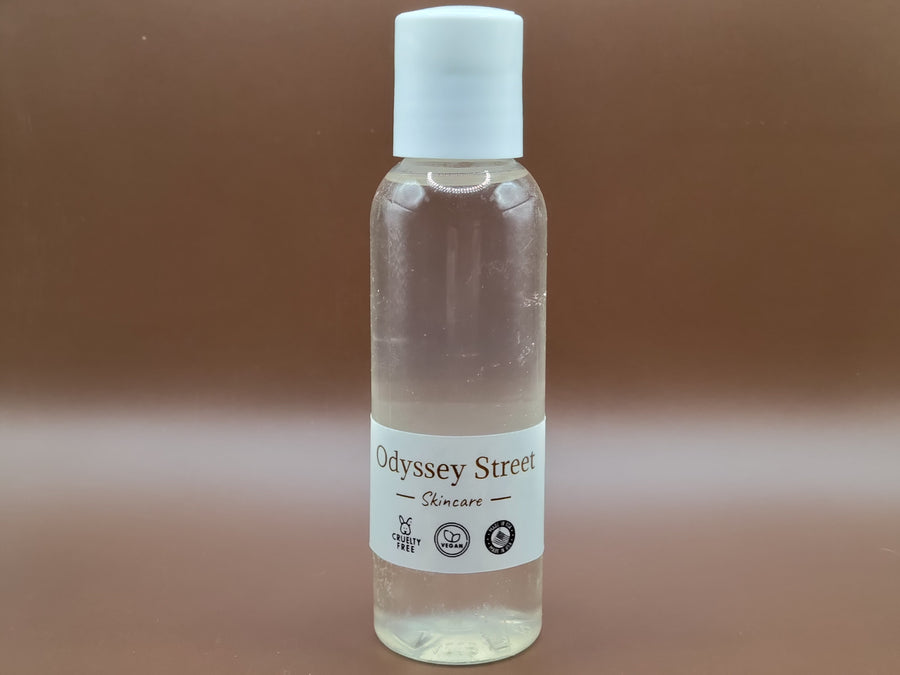
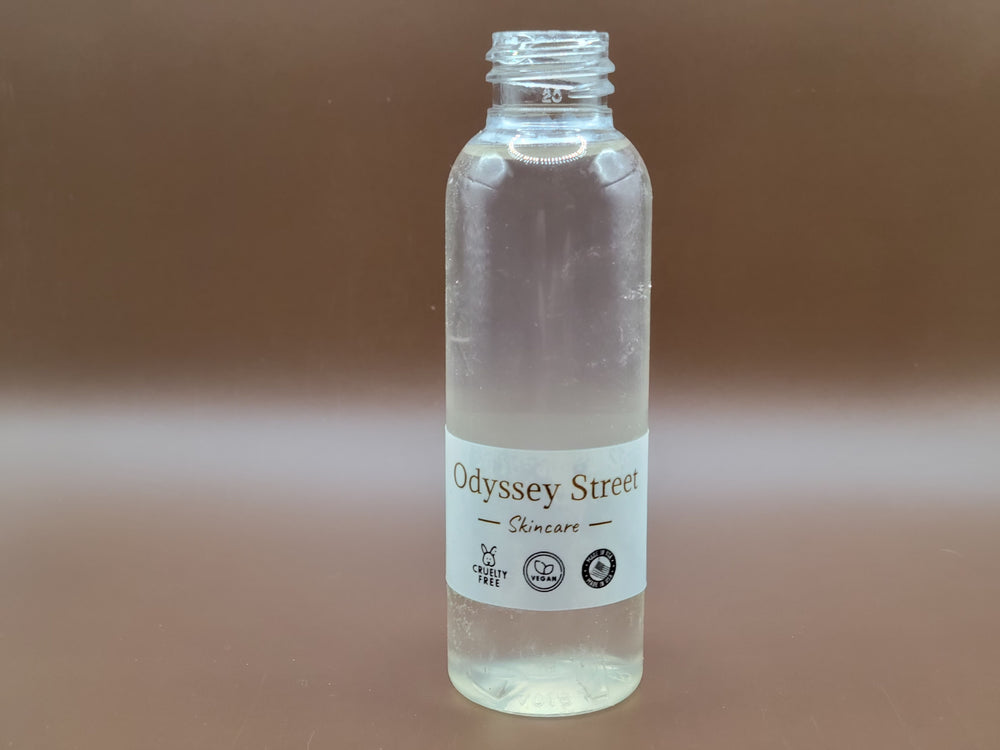
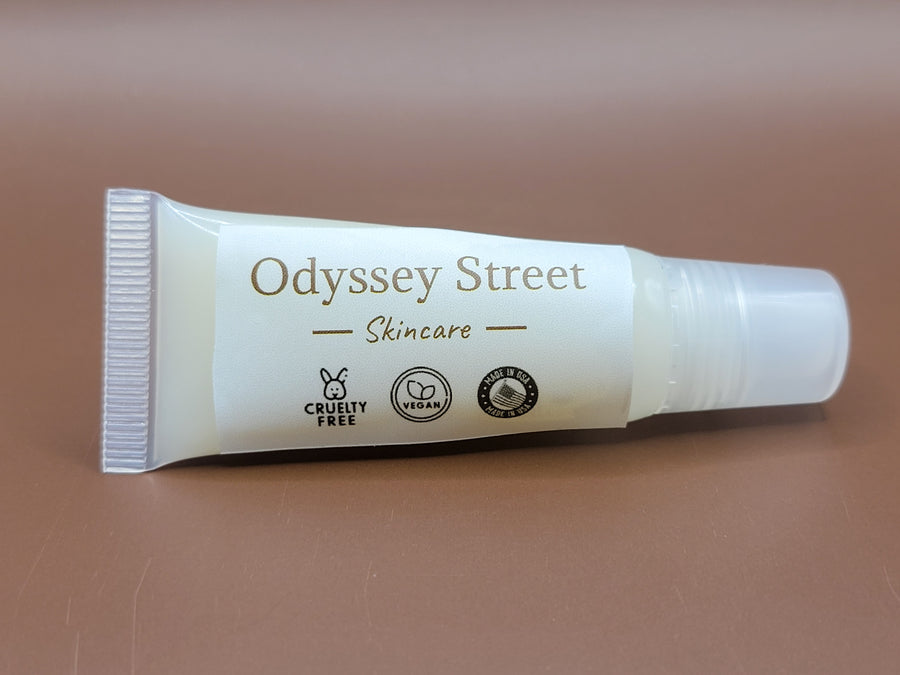
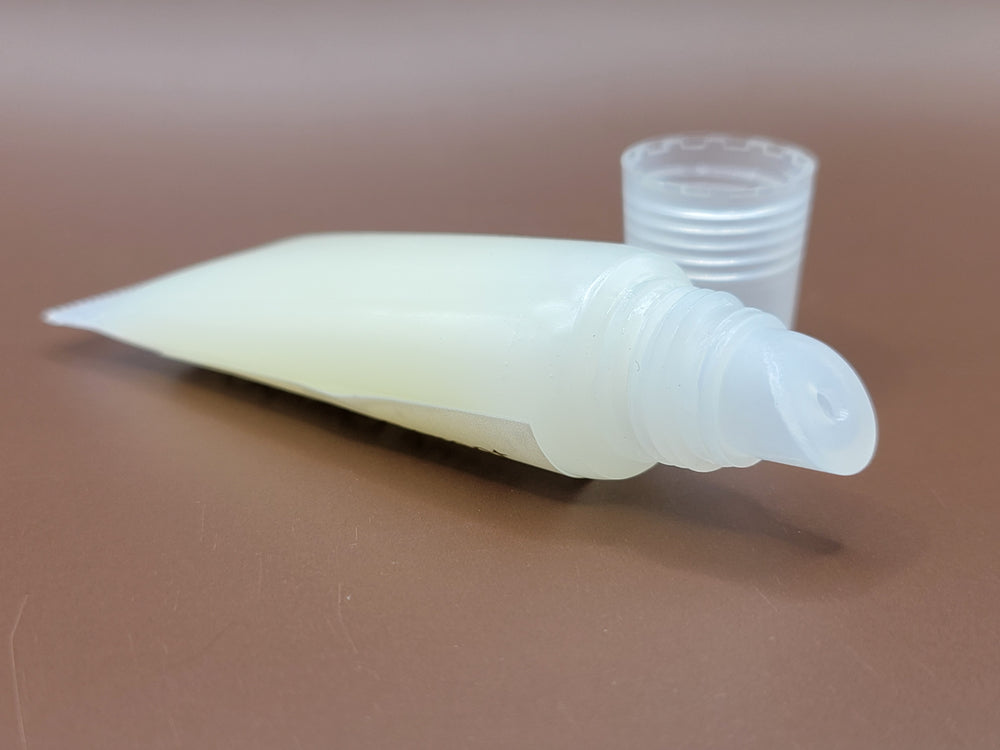
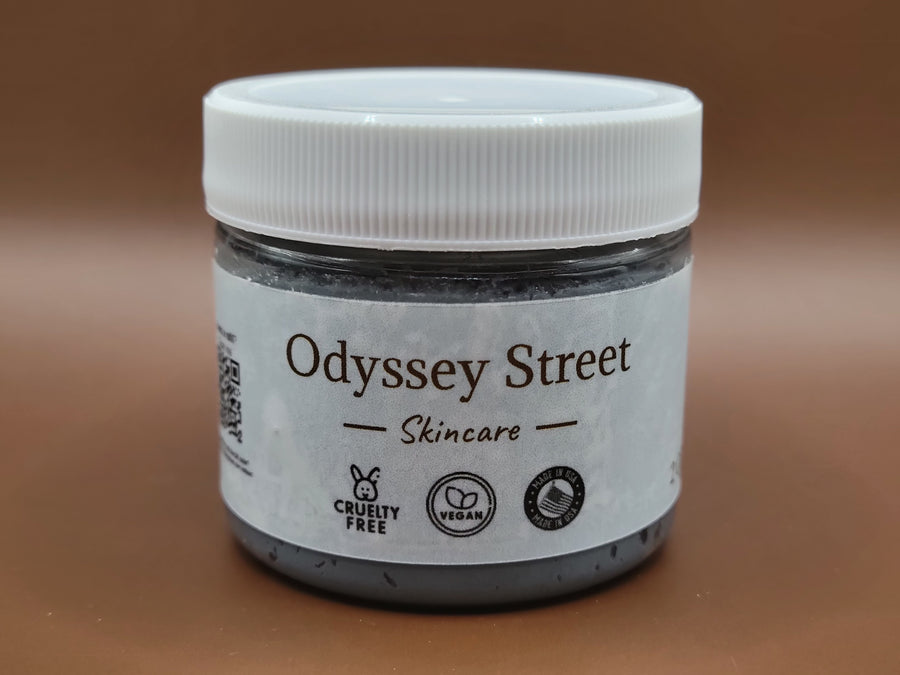
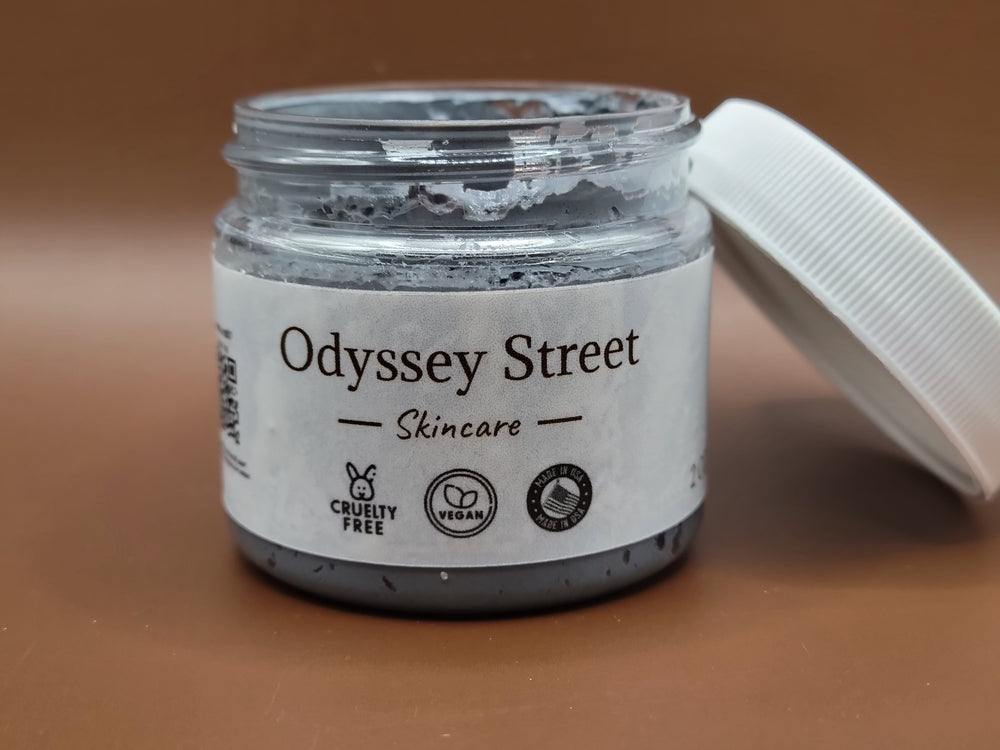
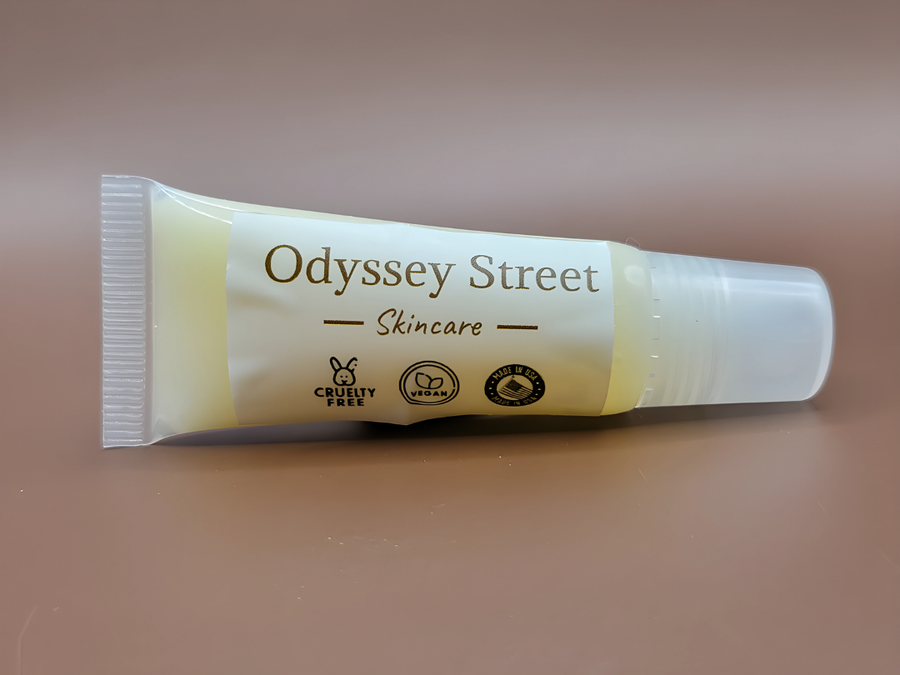
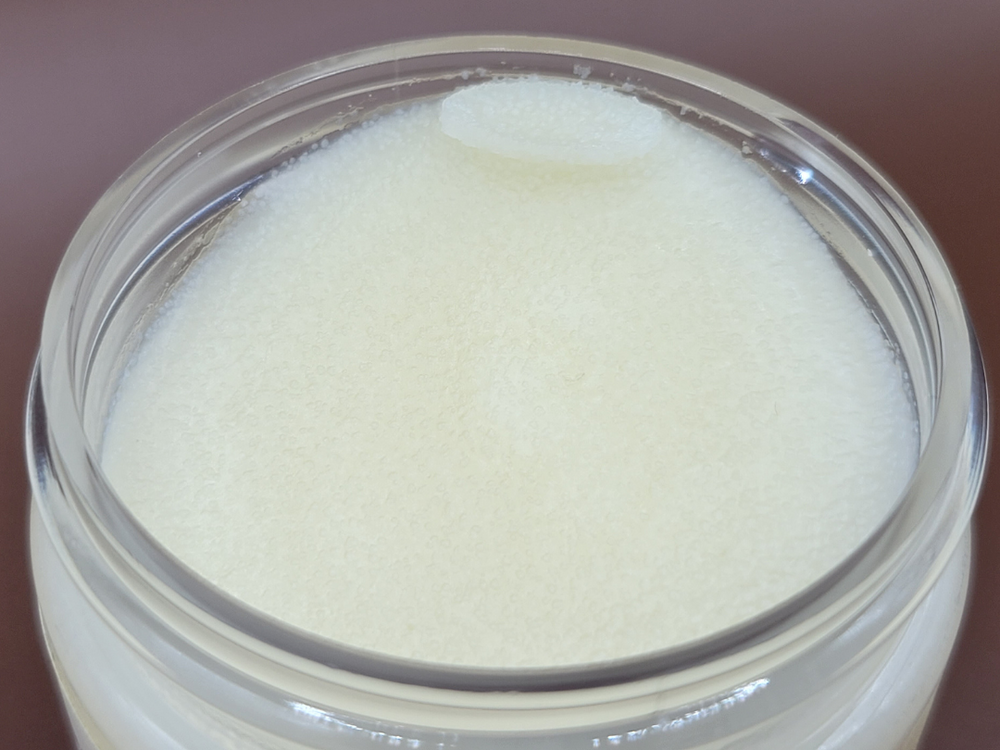
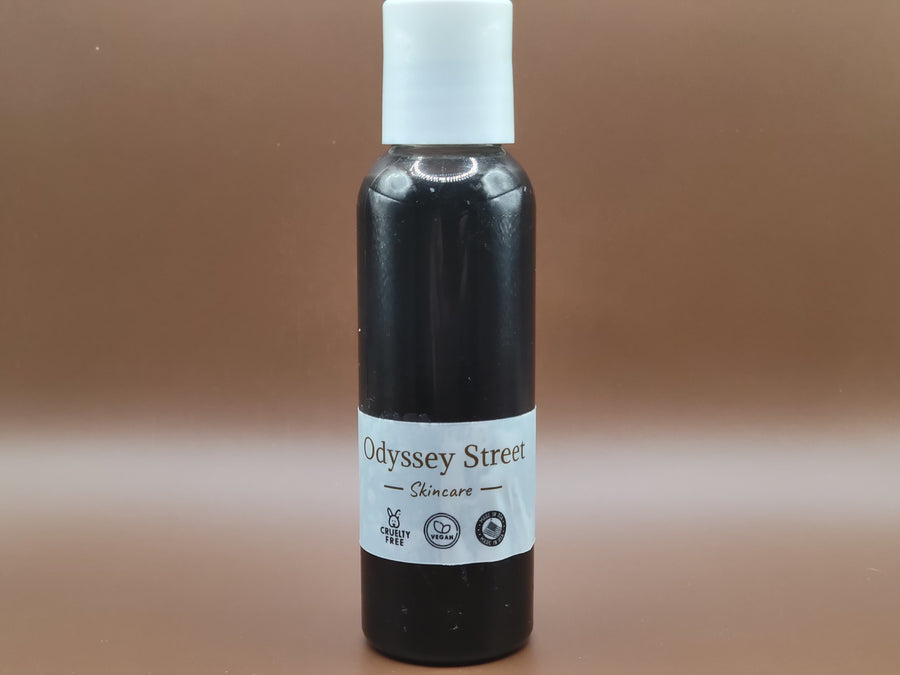
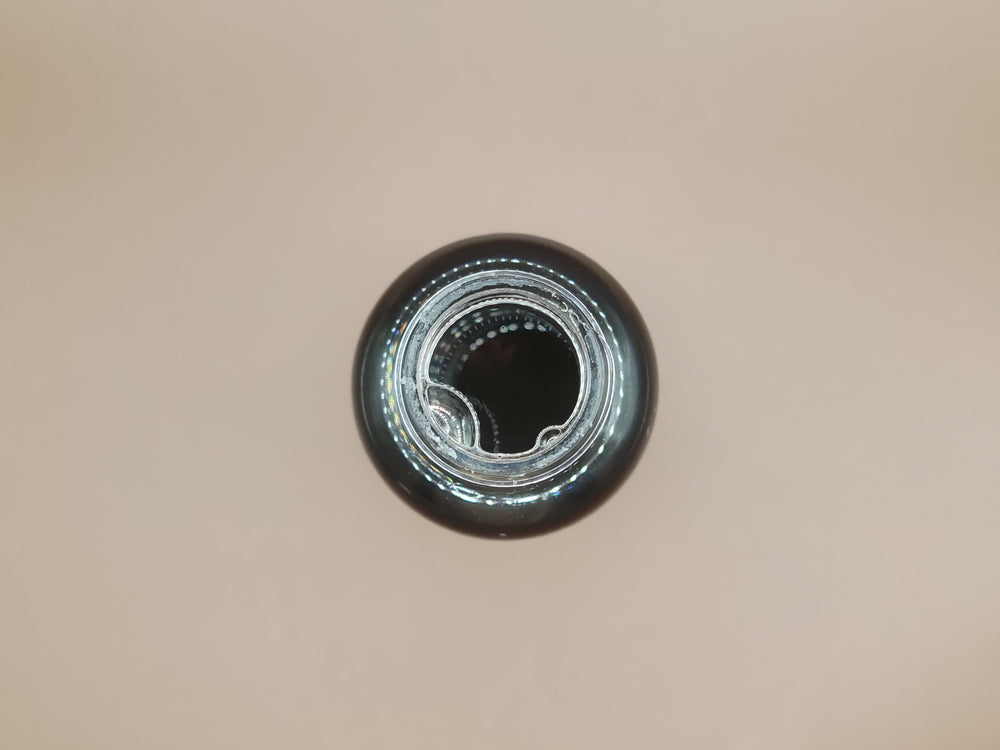
Leave a comment